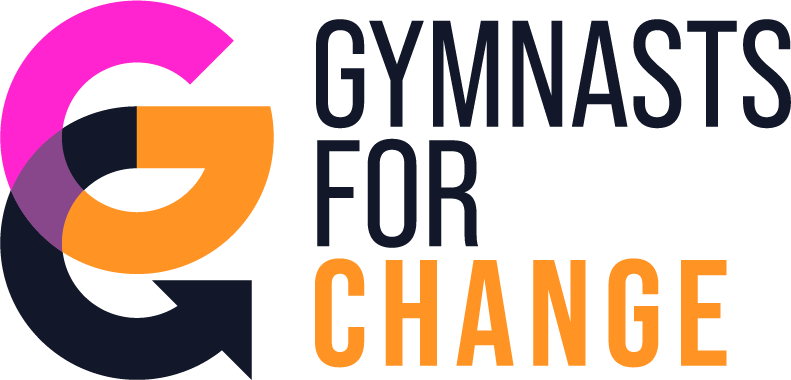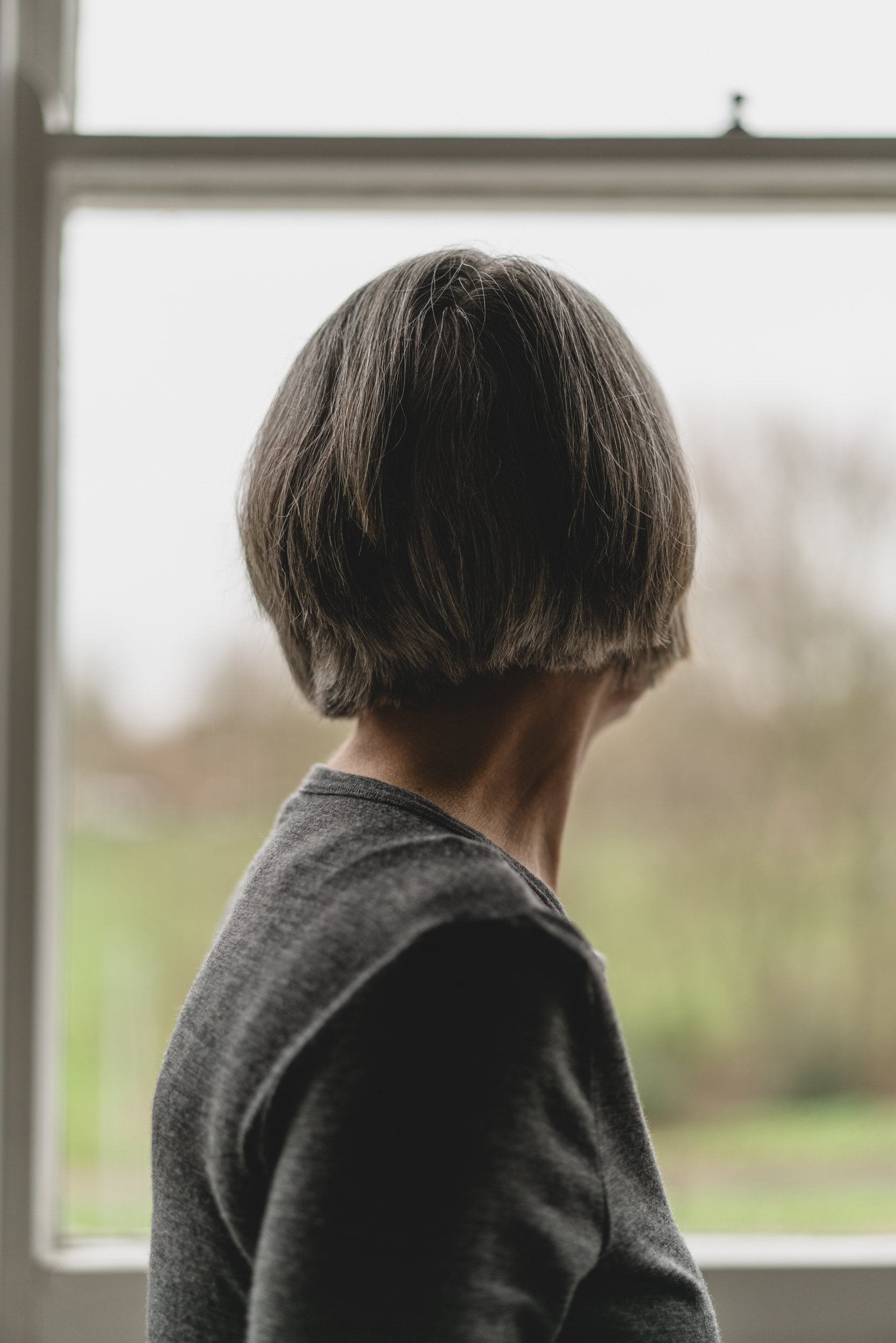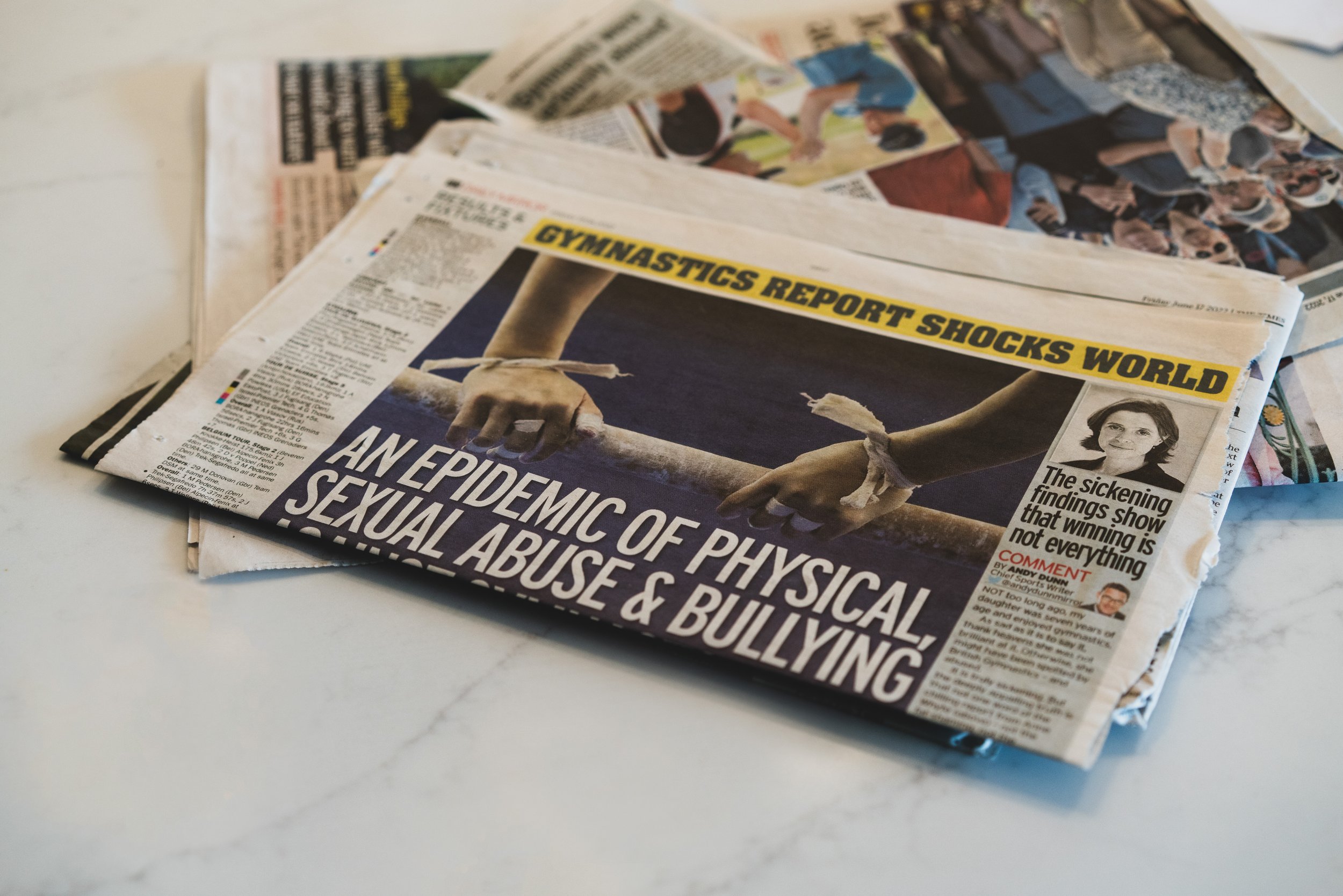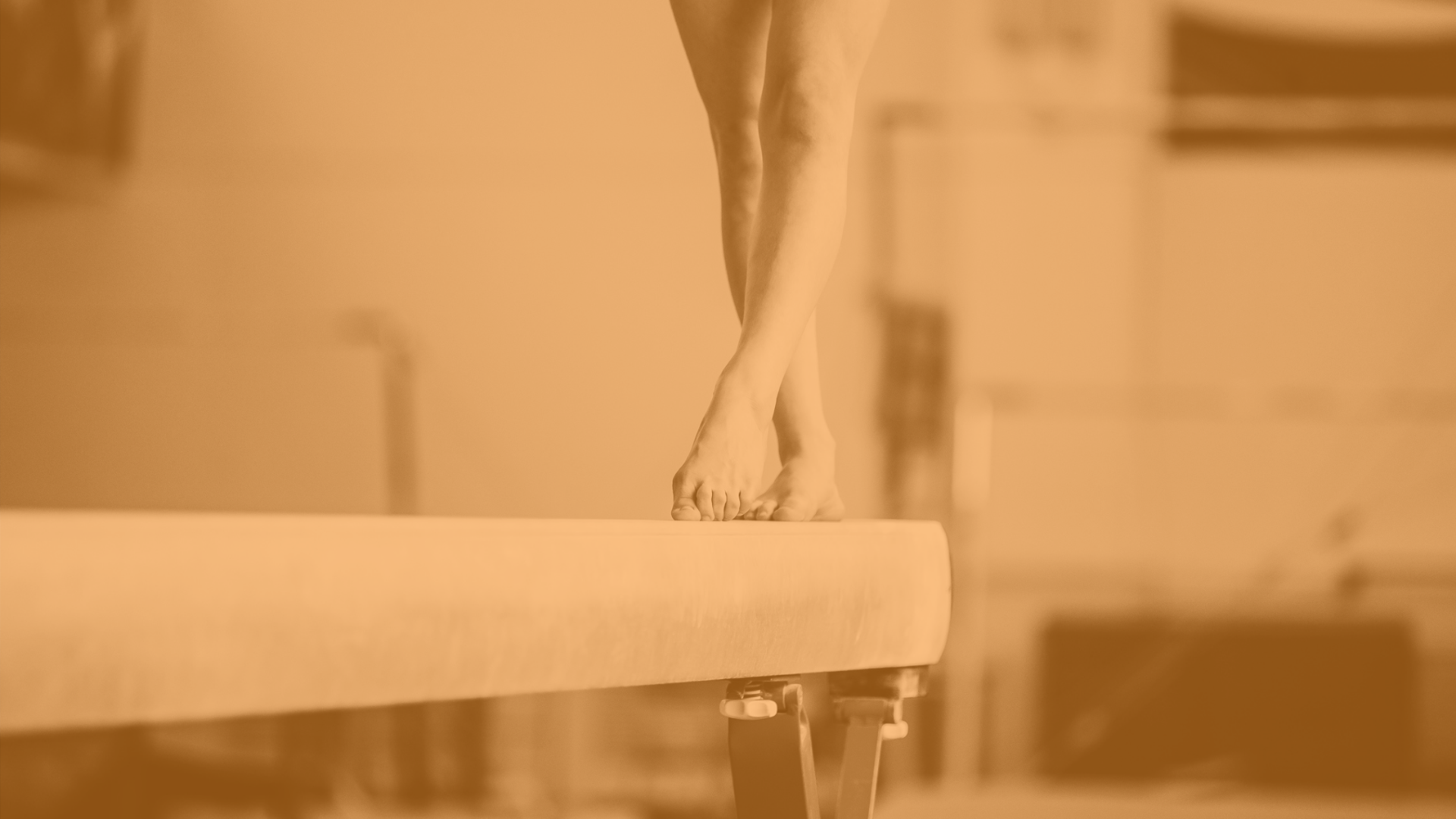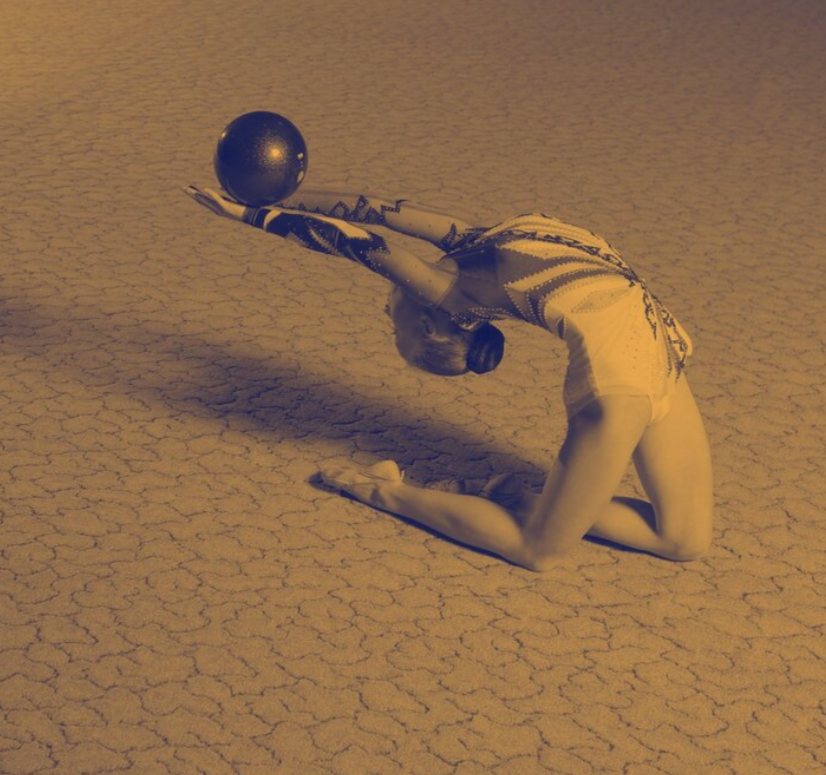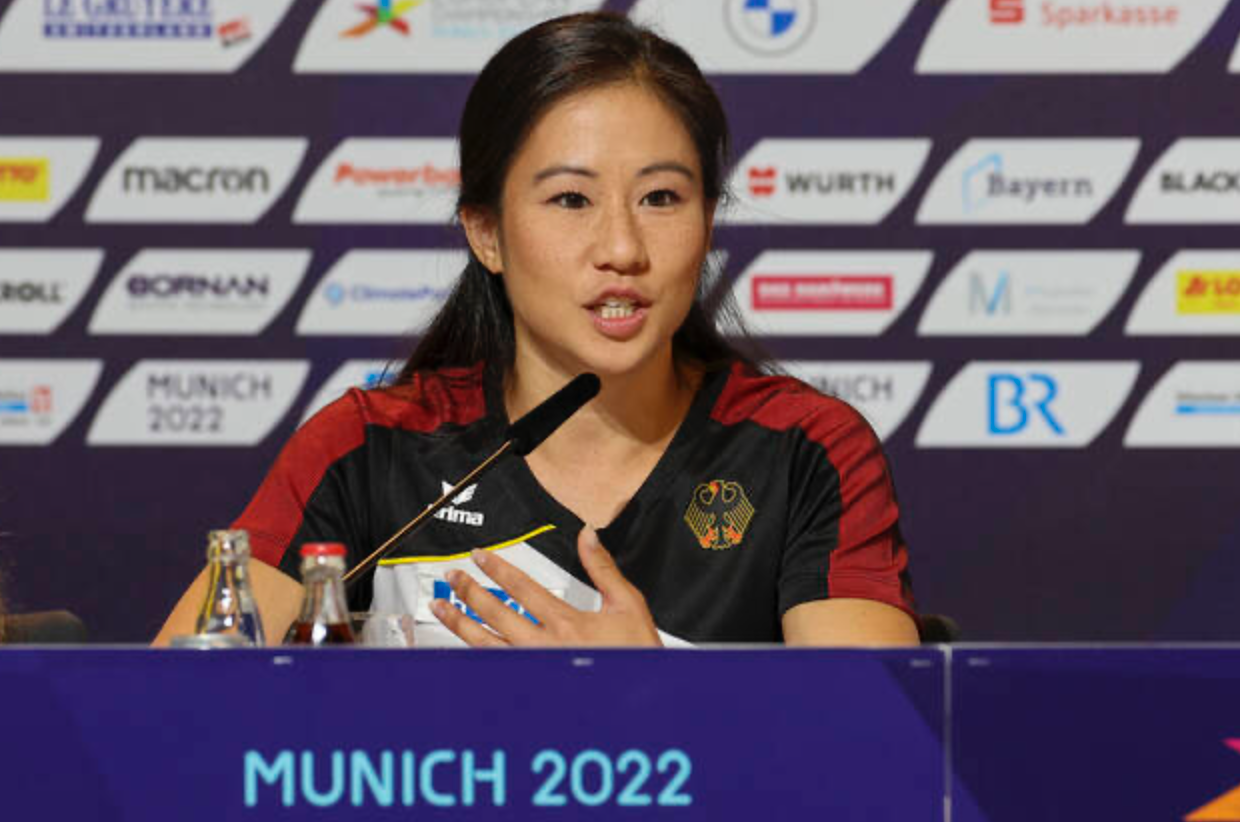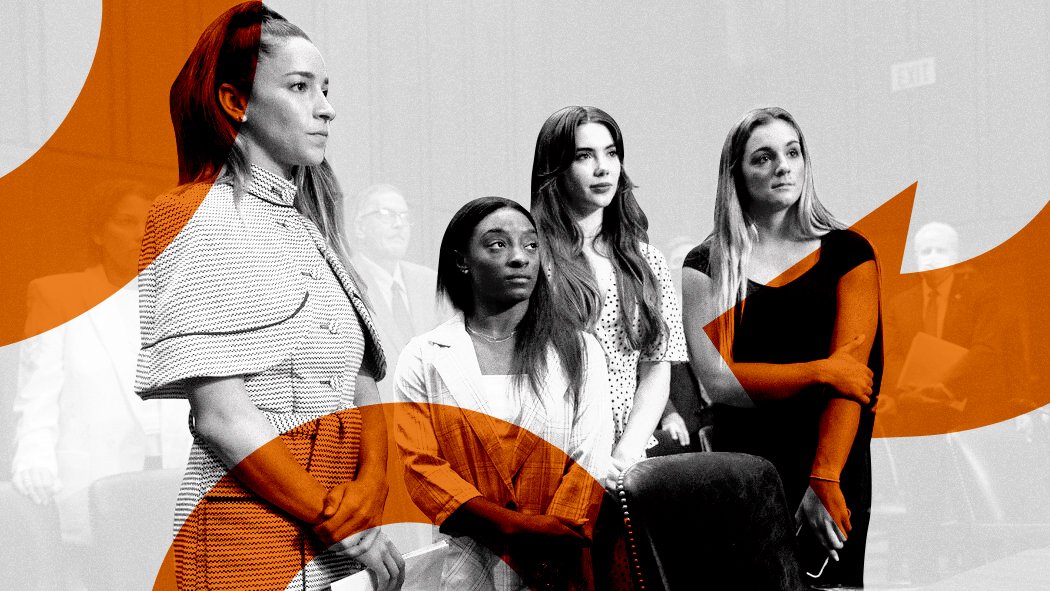
We are a survivor led global network of current and former gymnasts, coaches, parents, fans and more who have come together to campaign for change. We want to end abusive coaching practices in gymnastics, support those who have experienced abuse and create sweeping reform for better athlete welfare within the sport worldwide. Become a survivor advocate and join our campaign to change our sport for the better.
A Brighter Future
At G4CI, we know that the harm caused by interpersonal violence in gymnastics is real, lasting, and too often minimised. Now, new research led by Natalie Barker-Ruchti (Örebro University, Sweden) provides powerful evidence of just how deep and enduring those impacts can be.
Frankfurter Allgemeine Zeitung 08/09/2025: What image of femininity is imposed on rhythmic gymnasts? Klaudia Wittmann, once among Germany’s top gymnasts, reflects on the lasting impact of constant violence within persistent patriarchal structures.
A long overdue reckoning, but survivors are still being failed.
“Safeguarding systems must not rely on children to detect harm. The current model is not just ineffective - it is ethically indefensible,” said Claire Heafford, CEO of G4CI.
Today marks the release of the ‘Safe Sport Project Report’, a significant moment for safeguarding in sport in the UK. It is the first document of its kind in the UK to call for structural safeguarding reform at a cross-sector level. You can read our full reposes to the report in this blog post.
Claire Heafford, CEO of Gymnasts for Change International, and former elite gymnast, responds to the publication of Sarah Powell and Andy Salmon’s ‘Safe Sport Report’ published 24th June 2024.
Gymnasts For Change (G4C) welcomes the decision of the Independent Complaints Process (ICP) Appeal Panel, that a case of abuse involving a G4C member can now be heard.
Klaudia Wittmann, former German Rhythmic Gymnast and member of the G4C International Working Group, explores the way in which National Governing Bodies repeatedly miss golden opportunities to set a new, human rights based standard for coaching in Gymnastics.
The Reform 25 initiative, held up by British Gymnastics as the beacon of hope after the damning Whyte Review, now stands at a crossroads. Is it a mere tick-box exercise, a perfunctory nod to accountability?
In women’s gymnastics, silence is seen as one of the greatest assets. From a young age, the gymnast learns not to argue with the coach, not to share (or even have) an opinion, and to take what her coach says as the truth.
“...what was the point of so many coming forward and bravely telling their stories? @BritGymnastics, it’s time to sort out your complaints process. It is not working for anyone.”
An anonymous G4C member writes about how her experience of gymnastics was accompanied by an eating disorder that it took her 25 years to recover from. This piece talks openly about the brutality of gymnastics, and how she found a better life - free from aesthetic judgements - later in life.
An anonymous G4C member responds to the release of BG’s Reform ‘25 and their promise to publish a register of banned coaches with “zero tolerance of abuse”.
Our latest post is an anonymous account of a former elite-level child gymnast who was made to attend boarding school aged 10 to continue her training. This brave account shares the impacts and lasting trauma that the arrangement had, and the questions she has for British Gymnastics about the practice.
Dr Sophie Vivian writes about the making of elite gymnasts - a process littered with abuse, psychological trauma and power imbalances.
The pressure placed on funded athletes to perform at major championships can be extreme. What Simone Biles’ decision not to compete in the all-around competition at Tokyo shows us is that gymnastics is different.
With the issue of competition uniform high on the radar following Sarah Voss’ strong stand at the European Championships, Bunny Ladd reflects on her experiences with sexualisation and body image growing up in the sport.
The spotlight has firmly been on gymnastics in Australia following the Australian Human Rights Commission’s independent investigation into the systemic cultural issues in the sport. Alison Quigley, a former gymnast and advocate for change, outlines how Australia got to where it is today and takes us through some of the recommendations from the Change the Routine report.
During Mental Health Awareness Week, former England gymnast and campaigner Nicole Pavier shares how her time as an elite gymnast has impacted her mental health.
Canadian gymnast Amelia Clein shares her experiences of abuse and bullying when training as a child.
Dr. Rachel Furley gives her views on how best to safeguard children and young people participating in gymnastics and what parents and carers should look out for.
Hannah Whelan OLY writes about her reasons for joining the group legal action against British Gymnastics and her personal coaching journey.
Gymnasts for Change responds to the Whyte Review Interim Report and addendum.
Gymnasts for Change’s Georgia Cervin discusses the recent report into abuse commissioned by Gymnastics New Zealand and how gymnasts deserve to have their voices at the centre of all reforms.
Gymnastics New Zealand’s chief executive has admitted that abuse has been “normalised” in the sport for decades, following the publication of a review into alleged past instances of abuse.
Gymnasts for Change has responded to McKayla Maroney’s recent social media post, discussing how she adds another voice to the call for a sport free from negative coaching.
PART THREE. Gymnasts for Change asked a panel of experts from across the world what key change they’d like to see – to the culture, competition format or code – to make gymnastics a safer sport for all. Here’s what Kay Salisbury, Nikki Kimpton, Andy Piekarski, Claire Heafford and Jennifer Sey had to say.
PART TWO. Gymnasts for Change asked a panel of experts from across the world what key change they’d like to see – to the culture, competition format or code – to make gymnastics a safer sport for all. Here’s what Nick Ruddock, Hannah Whelan, and Satya Jeremie had to say.
In August, the International Socio-Cultural Research Group on Women’s Artistic Gymnastics (ISCWAG) published an open letter, setting out the eight key actions they recommend to protect gymnasts from abuse.
We have republished the letter in full here - read on to discover why ISCWAG believe women’s artistic gymnastics is in need of reform.
Gymnasts for Change founder Claire Heafford discusses how the negative experiences of those who have faced abuse within the context of gymnastics fit in to The Lolita Bind. She argues that by treating elite child gymnasts as both - and neither - adults or children, they are left vulnerable to abuse.
You are not alone
Watching the documentary Athlete A was a watershed moment for thousands of gymnasts around the world. The film not only champions the courageous survivors who experienced devastating treatment at the hands of Larry Nassar, but also demonstrates the shocking practices within gymnastics which silence athletes through a culture fear. It’s time for change within our sport and we have the power to act. Please join us in helping to end the exploitation and abuse of gymnasts by sharing our resources and educating those around you on how abuse shows up.

“I believe accountability is one of the most important drivers for change & I hope the steps we are taking will contribute to improved child & athlete safeguarding, not just in gymnastics but in all sports.”
Julia Murcia, Survivor & Advocate Gymnast Alliance Austrlia

“I have been privileged to draw on my professional experience as a lawyer to advocate for wholesale culture change. I remain hopeful that, together with our international survivor community, we will see transformative change in gymnastics around the world.”
Amelia Cline, Survivor & Advocate, Gymnasts for Change Canada

“Through the use of the Gymnast Alliance hashtag, we have been able to raise awareness of the problems that need solving worldwide.”
Jennifer Mcllveen OLY, Founder of the #gymnastalliance

“My advocacy has focused on raising awareness of harm in gymnastics & shaping public discourse on how to address the abuse.”
Dr Georgia Cervin, Lead Advocate New Zealand
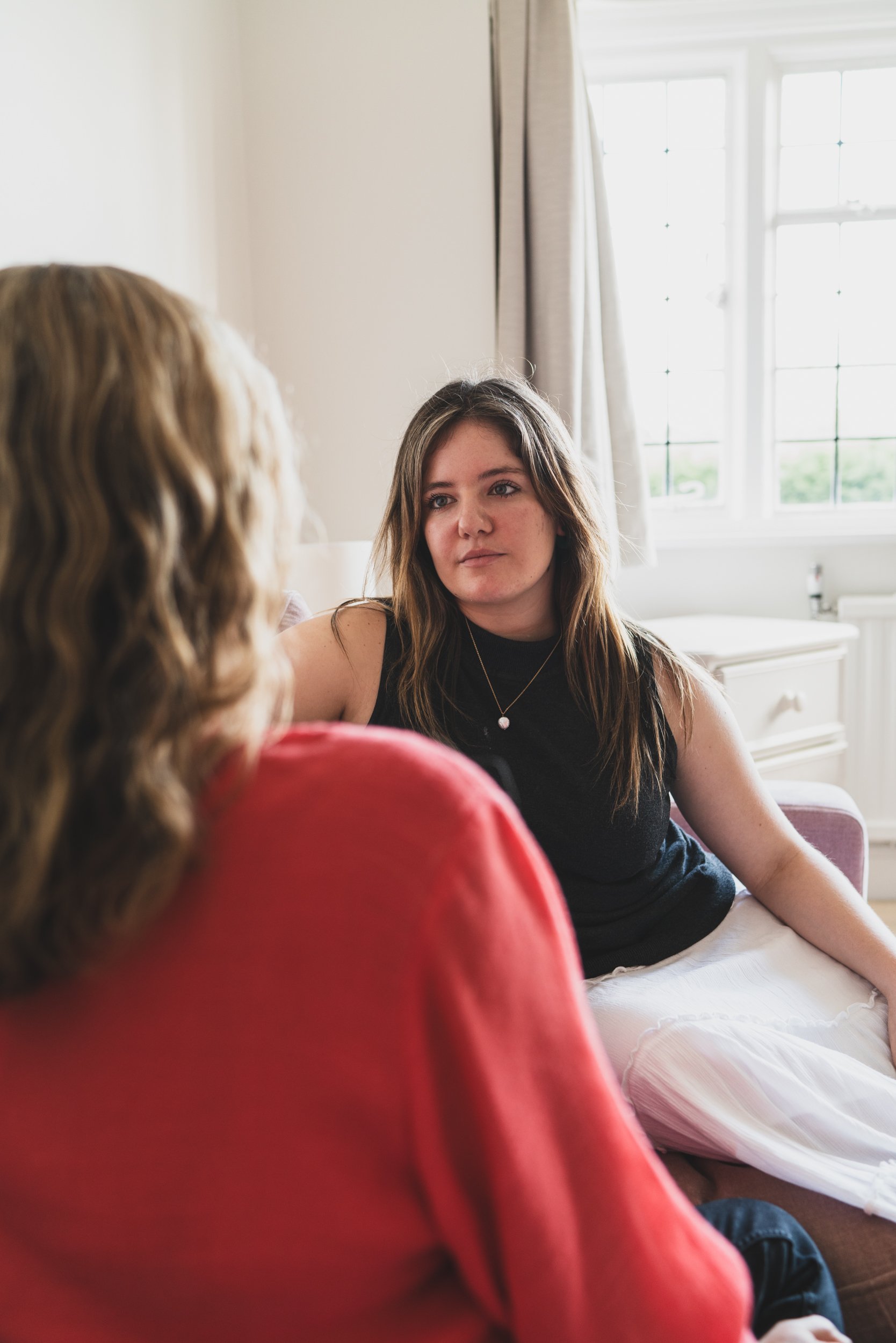
get support
If you have experienced or witnessed physical, psychological or sexual abuse while taking part in gymnastics and would like support, we’re here to help.
Olympic Athletes Speak out
-
![]()
Dominique Dawes on Gymnastics Abuse
Dominique Dawes discusses the coercion and control she experienced whilst living with her coach Kelli Hill, and the culture of "fear, shame and silence" of world-class gymnastics.
LISTEN -
![]()
Shawn Johnson on Eating Disorders
Shawn Johnson discusses eating disorders and the psychological legacy of life as an elite child-athlete. She opens up about injuries, life in the public eye and her associated mental health issues.
-
![]()
Aly Raisman on Perfection Trauma
Aly Raisman talks about being a survivor of abuse & growing up in a sport where perfection is key. She also talks about the #GymnastAlliance & the lack of resources available to Olympians post-career.
LISTEN -
![]()
Ellie Downie on weight shaming in gymnastics
Ellie Downie reveals how she was weight shamed from the age of 9 and has chosen to retire prematurely at the age of 23 due to difficulties with the British national team coach.
-
![]()
KIM BOI's SPEACH TO THE GERMAN PARLIMENT
in Dec 202 Kim Boi addressed the German parliament to discuss coercion, the pressure, the abuse, the eating disorders, the physical and emotional injuries have been absolutely taboo subjects for us up to now

INTERNATIONAL REVIEWS Find Abuse normalised within the sport.
To date, the Governments or National Sports Governing Bodies of Australia, Holland, New Zealand, Switzerland & the United Kingdom have all conducted reviews into the culture of Elite Gymnastics and have found abuse to have been normalised within the sport for decades. Their investigations support the voices of gymnasts who have spoken out about their lived experience in the sport, yet meaningful reform has still not been implemented.
Find out more & get involved
In January 2024 Gymnasts for Change became a registered charity in the UK and received a significant grant from a human rights funder to facilitate our survivor led advocacy and support. In spring 2024 we launched a range of community programmes, advocacy & support services. This included the development of a brand new membership website to connect survivors in the sport and champion peer-to-peer campaign and advocacy activities with the aim of transforming the culture of the sport world wide. Access to this membership network will soon be opened up to new members.
Sign up to our mailing list to be part of this exciting next phase of development for our movement.
